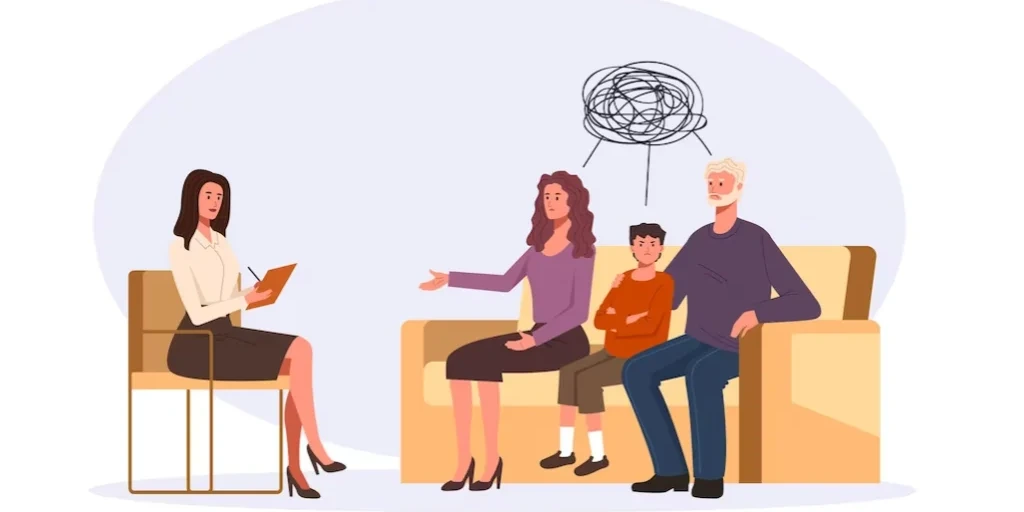24/7 Helpline:
(866) 899-221924/7 Helpline:
(866) 899-2219
Learn more about Dual Diagnosis Rehab centers in Fayette County

Other Insurance Options

State Farm

Group Health Incorporated

Meritain

MHNNet Behavioral Health

Sutter

BHS | Behavioral Health Systems

GEHA

Ambetter

CareFirst

United Health Care

Evernorth

American Behavioral

Humana

Magellan Health

Horizon Healthcare Service

Regence

Lucent

Private insurance

Magellan

PHCS Network

Georgia Addiction Treatment Center
Georgia Addiction Treatment Center (GATC) is a CARF-accredited drug and alcohol rehab located in Pea...

Grace Harbour
Grace Harbour is an outpatient mental health clinic that serves individuals from all ages in a holis...

Turning Point New Directions
Turning Point New Directions is a counseling clinic located in Tyrone, GA. Turning Point New Directi...

The Insight Program
The Insight Program is a private rehab located in Tyrone, Georgia. The Insight Program specializes i...

Pyramid Healthcare – Pine Ridge Manor Halfway House for Men
Pyramid Healthcare - Pine Ridge Manor Halfway House for Men is located in Tyrone, Pennsylvania. Pyra...




































































